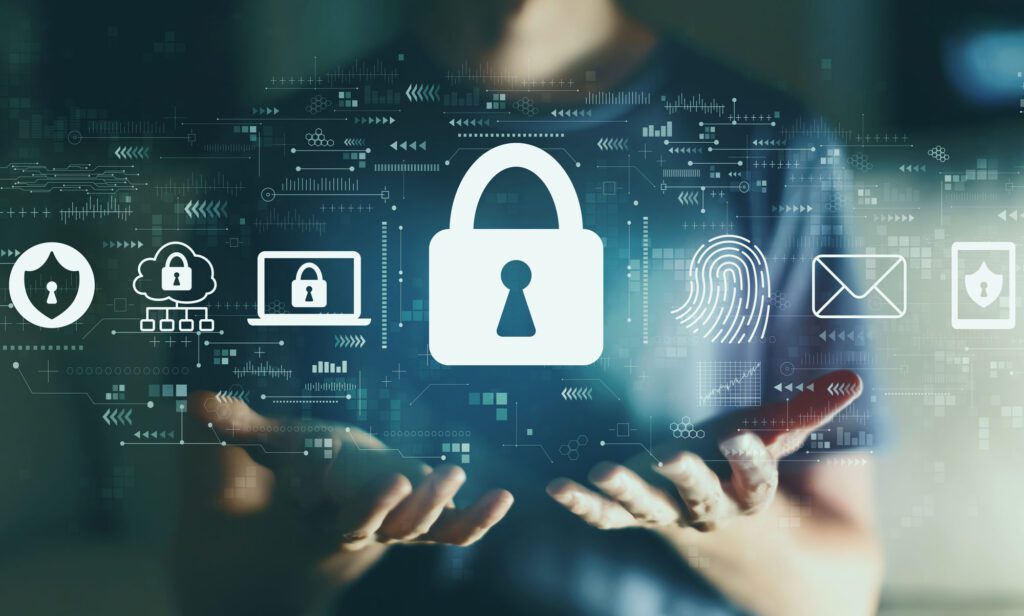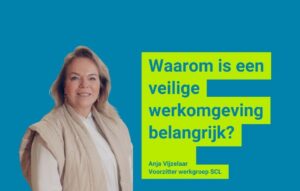
Een eerlijk gesprek is de basis voor een audit
Net zoals bij veel andere certificatieschema’s speelt ook bij de Safety Culture Ladder (SCL) het auditproces een grote rol. Hoe ga je te werk als
Bewust veilig en gezond werken
Veiligheid is overal. Het heeft betrekking op iedere medewerker, in iedere sector. De Safety Culture Ladder (SCL) is een instrument om veiligheidsbewustzijn bij bedrijven te meten. Hoe hoger uw bedrijf op de treden van de ladder staat, hoe beter het is gesteld met het veiligheidsbewustzijn. Veiligheid gaat verder dan regels en eisen. Het moet dagelijks terugkomen in cultuur, houding en gedrag. De SCL stimuleert bedrijven en hun leveranciers om bewust veilig en gezond te werken.
Een SCL-certificaat of -statement geeft aan dat u veiligheid serieus neemt. En dat schept vertrouwen bij uw klant.

Op 4 juni 2024 vindt het Safety Culture Ladder (SCL) Congres plaats in de Rijtuigenloods in Amersfoort. Dit event biedt u inzicht in de waarde en de toepassingen van SCL. En biedt u de mogelijkheid om te netwerken en ervaringen uit te wisselen met andere gebruikers. Een inspirerend congres voor iedereen die het belang van bewust veilig en gezond werken onderkent en meer wil weten over de handvatten die de Safety Culture Ladder hierin biedt.

Wilt u kans maken op een SCL-certificaat of een SCL-statement voor uw organisatie? Doorloop dan het stappenplan. Hier staat stap voor stap beschreven hoe u te werk gaat. Afhankelijk van het product waar u voor wilt gaan, is de eerste stap een self assessment. Hiervoor kunt u onze SAQ webtool gebruiken.

Net zoals bij veel andere certificatieschema’s speelt ook bij de Safety Culture Ladder (SCL) het auditproces een grote rol. Hoe ga je te werk als

Niemand wil dat mensen ziek worden of dat er ongevallen plaatsvinden, vooral niet als deze ernstige gevolgen hebben. Het is essentieel om medewerkers actief te

Op 4 juni 2024 vindt het Safety Culture Ladder (SCL) Congres plaats in de Rijtuigenloods in Amersfoort. Dit event biedt u inzicht in de waarde
Kunnen we u helpen met uw certificering?
Bezoekadres:
Vlinderweg 6
2623 AX Delft
Nederland
Postadres:
Postbus 5059
2600 GB Delft
Nederland
info@safetycultureladder.com
+31(0)15 2 690 180